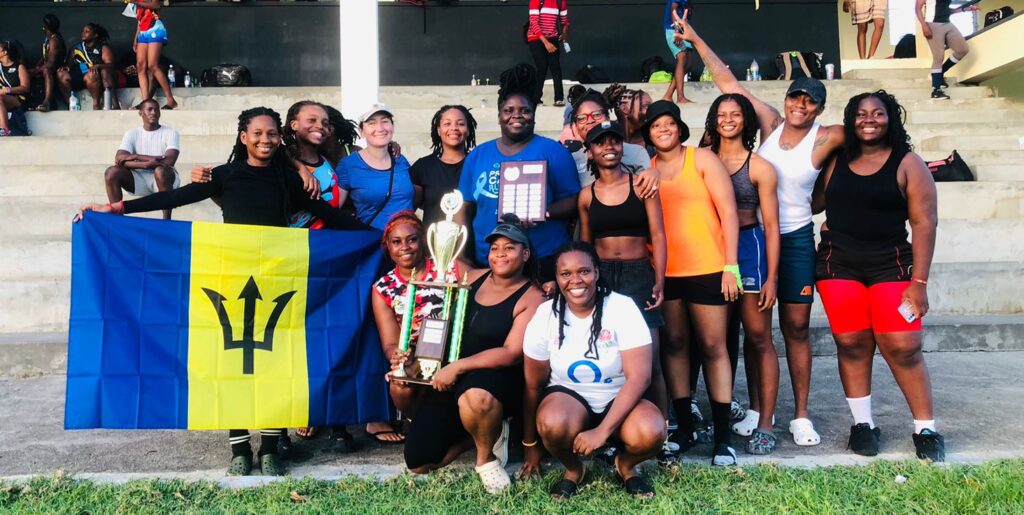In a passionate call to educators and policymakers, an American scholar in the teaching of science has challenged Barbados’ education system to rethink its foundational approach, breaking colonial paradigms in schools.
Speaking at the Ministry of Education’s lecture titled Transforming Education: The Journey to Decolonisation, Equity, and Social Change on Thursday, Professor Christopher Emdin of Columbia University’s Gordon Institute for Advanced Study urged educators to adopt what he termed “escape velocity”—a pace so powerful that students could break free from the “gravitational pull” of colonial mindsets.
“Escape velocity is a scientific concept that essentially explains how an object in space can move at such a rapid speed that it can defy the laws of gravity,” he explained.
He drew a parallel to education, urging the local system to accelerate at a rate that could overcome the lingering effects of colonialism on young minds: “Rather than move towards transforming education, we need to move towards an escape velocity… so that the laws of gravity or colonisation cannot hold them down any longer.”
Professor Emdin argued that while colonial structures may remain, the psyche of young people can be liberated.
“We’re not talking about the actual machinations in real-time of colonisation. We’re talking about the psychosocial impact of colonisation on your psyche… that’s guiding your capacity to not be an authentic self every single day,” he said, calling for educators to recognise the inherent authenticity within children.
According to him, it is teachers who unknowingly pass down these colonial “puppet strings.”
“Teachers who’ve gone through a colonisation process, went through school, found success in school, start being attached to these things,” he said. “When young folks come in, raw, organic, expressive, vocal, they say, ‘Shut up, sit down, be quiet, follow the rules, learn to perform the way we perform, because that’s what’s acceptable’.”
Professor Emdin warned that such restrictive teaching methods stifle creativity and the innate expressiveness of young people.
According to him, today’s youth, particularly post-pandemic, engage with the world in “multimodal” ways, yet schools enforce “unimodal” structures rooted in outdated colonial systems.
He argued that this mismatch leaves students disinterested and disengaged. “When they’re bored, they’re checked out from learning,” he noted, adding that educators often mistakenly interpret boredom as readiness to learn.
The professor further suggested that disenchanted students often look to social media for validation, and problematic figures may influence them.
Further urging that schools must give students a sense of ownership and belonging, he said: “Nobody is a guest in their school.”
Professor Emdin encouraged educators to tell students they “have a right to be there” to foster a shared ownership of learning spaces.
The professor also said that students and teachers alike should be allowed to feel and express emotions.
“It’s okay to be angry. It’s okay to be sad. It’s okay to be ecstatic. The right to feel is the right to emotion,” he stated, explaining that transformation occurs when emotions drive action. “You transform anger into righteous indignation. You transform righteous indignation into action. That’s how we shift.”
He further addressed the responsibility of teachers in dismantling colonial paradigms, saying: “Education is not a filling of a pail; it’s the lighting of a fire.”
Professor Emdin advocated for a passion-driven approach that incites the curiosity and engagement of young people, advising: “When you leave here, go and light a fire. Light a fire with how you teach, with how you talk, with your energy, through your vibes, through what you allow young folks to be.”
He closed with an African proverb: “If the youth are not initiated into the tribe, they will burn down the village just to feel its warmth.” (SM)
The post Professor calls on educators to ‘escape colonial gravity’ appeared first on Barbados Today.


